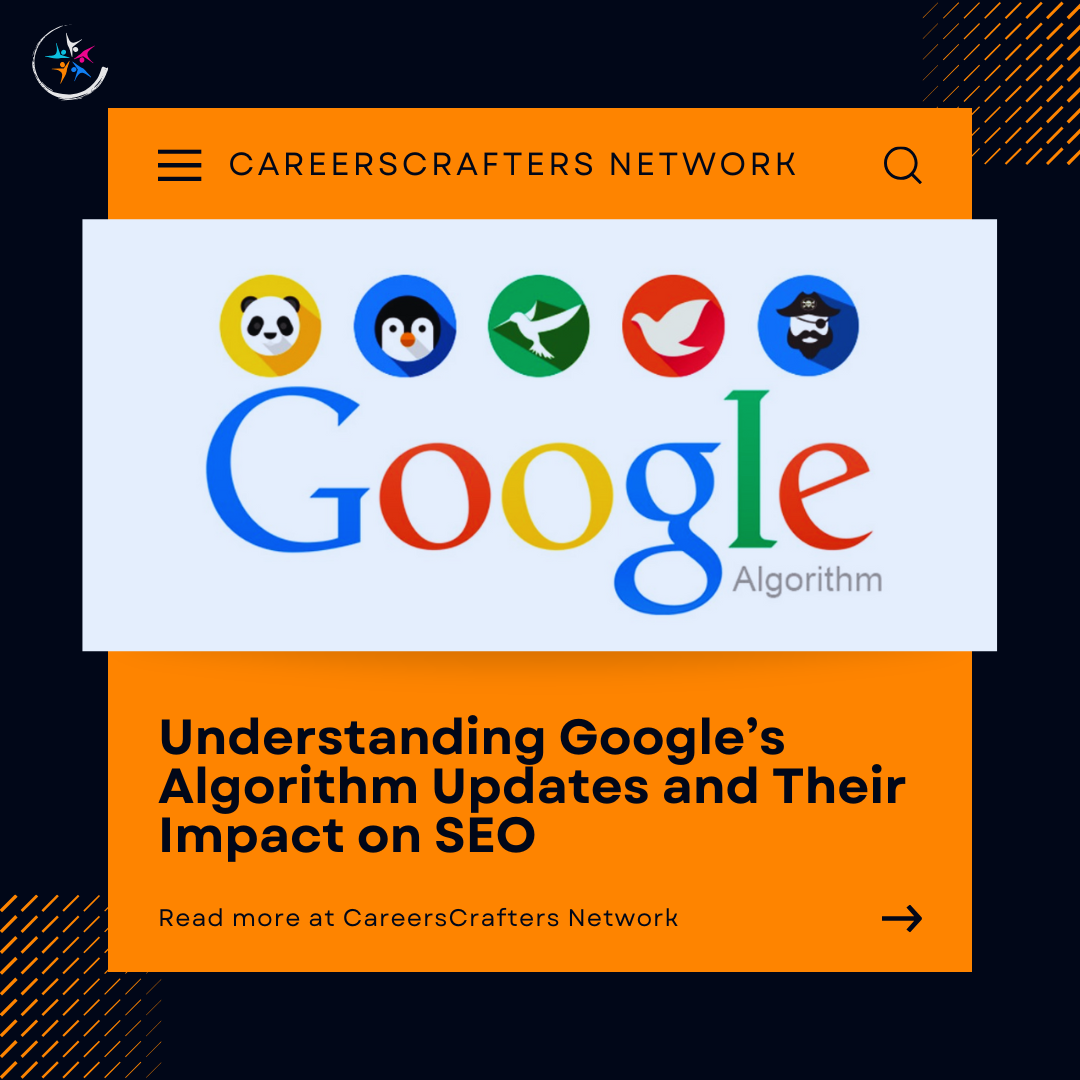Stay ahead of the search game in 2025
When it comes to digital marketing and search engine visibility, Google’s algorithm updates play a crucial role in how websites rank on search engine results pages (SERPs). For SEO professionals, content creators, and business owners, staying informed about these updates is essential for maintaining and growing online visibility.
In this blog, we’ll break down what Google algorithm updates are, why they matter, and how they impact your SEO strategy.
What Are Google Algorithm Updates?
Google uses a complex algorithm to determine which web pages appear at the top of its search results. This algorithm considers over 200 ranking factors—from keyword relevance and backlinks to user experience and mobile-friendliness.
Algorithm updates are changes made to improve the quality and relevance of search results. These updates can be core updates (broad changes to how results are ranked) or targeted updates (addressing specific issues like spam or page experience).
Major Types of Google Updates
Here are a few key update types you should know:
1. Core Updates
Rolled out several times a year, these broad changes affect overall search rankings. Websites can see significant traffic increases or drops based on content quality, authority, and relevance.
2. Spam Updates
Target sites that engage in manipulative tactics like keyword stuffing, link schemes, or cloaking.
3. Helpful Content Updates
Focus on rewarding original, people-first content that provides real value over SEO-optimized fluff.
4. Page Experience Updates
Evaluate factors like page loading speed, mobile usability, and HTTPS to rank pages based on user-friendliness.
5. Product Review Updates
Encourage detailed, expert-level product reviews rather than thin, affiliate-heavy content.
How Google Updates Impact SEO
1. Rankings Fluctuate
A website that previously ranked #1 may drop overnight if it doesn’t meet updated criteria, while others may climb up if they provide better content or experience.
2. Traffic Gains or Losses
Changes in ranking affect visibility, which directly influences the number of visitors coming from organic search.
3. Penalties for Poor Practices
Sites that rely on outdated SEO tactics (like low-quality backlinks or keyword stuffing) may get penalized or de-indexed.
4. Opportunities to Improve
Each update is a chance to review your SEO strategy, improve content quality, and align better with Google’s evolving standards.
How to Adapt to Algorithm Changes
1. Focus on Quality Content
Create valuable, original, and comprehensive content that addresses user intent.
2. Stay Updated
Follow reliable sources like Google Search Central, Moz, and Search Engine Journal to monitor upcoming updates.
3. Audit Your Website Regularly
Use tools like Google Search Console, SEMrush, or Ahrefs to evaluate site performance, fix technical issues, and improve site health.
4. Prioritize User Experience
Improve loading speed, ensure mobile responsiveness, use clean design, and provide accessible navigation.
5. Build Authoritative Links
Earn backlinks from reputable sources through content marketing, partnerships, and digital PR.
Google’s algorithm updates are designed to make search better for everyone. While they can be unpredictable, staying informed and continuously improving your website’s quality, relevance, and usability can help you maintain and grow your search presence.
Pro tip: SEO isn’t a one-time task—it’s an ongoing process. By aligning your strategy with Google’s evolving guidelines, you not only survive updates but thrive in the long run.
Need help adjusting your SEO strategy after a Google update? Let’s talk!

Comments
Post a Comment